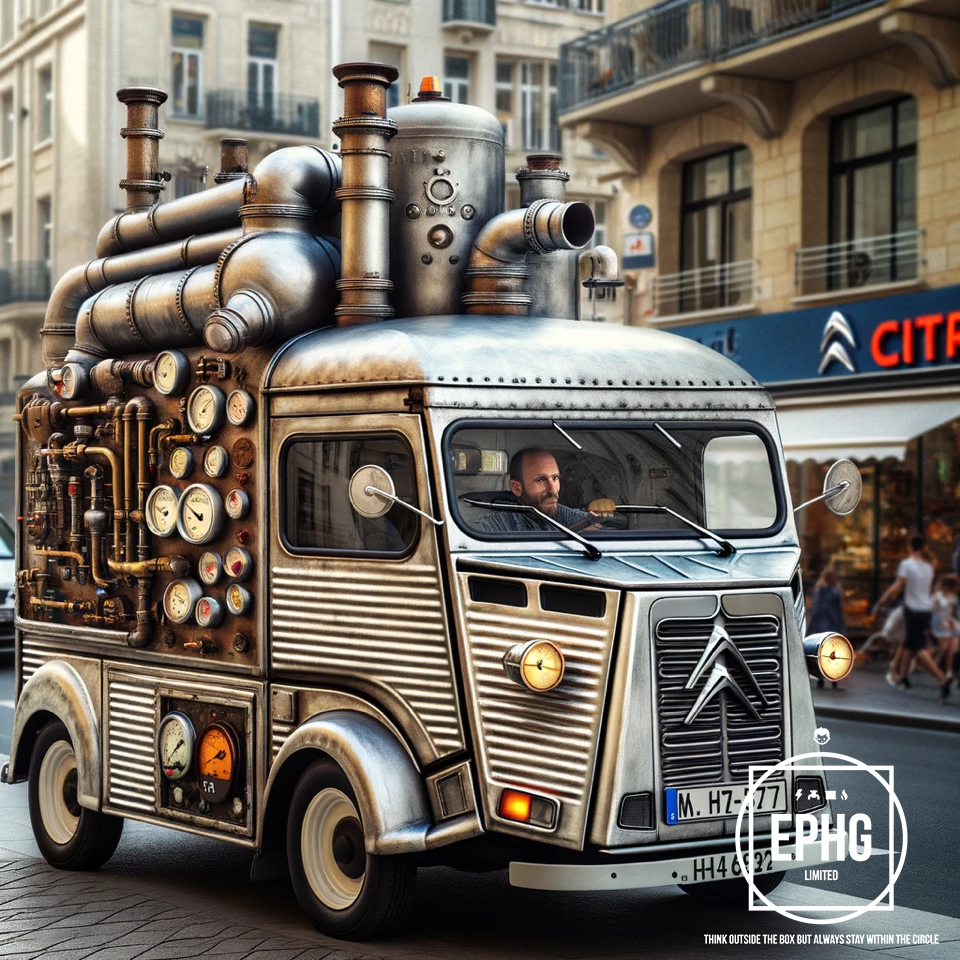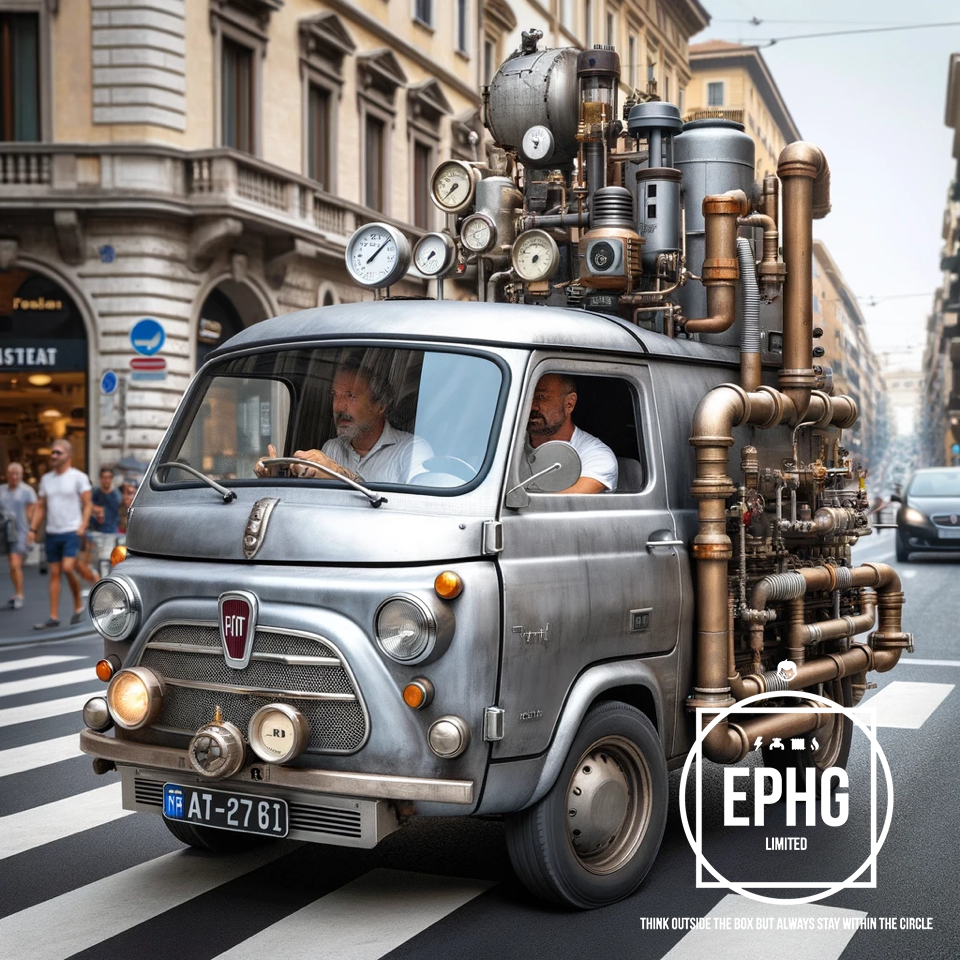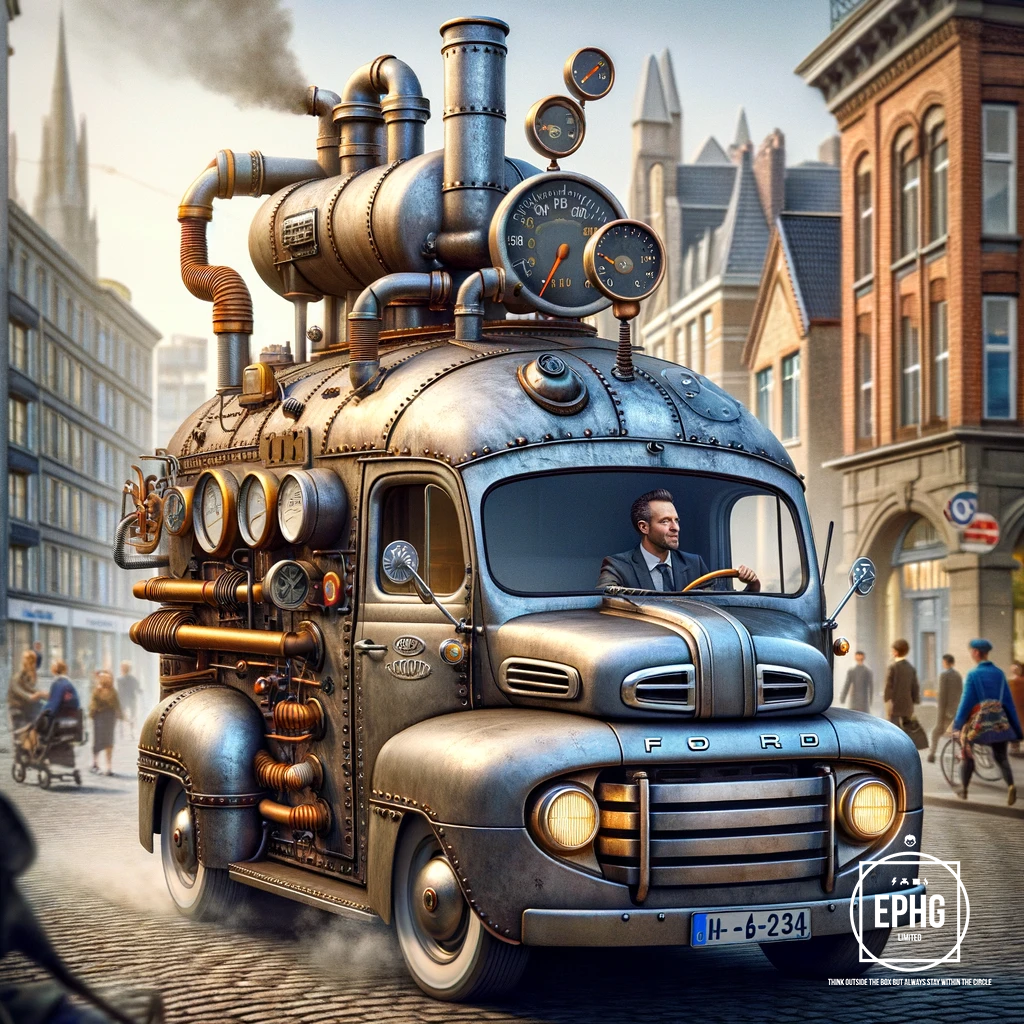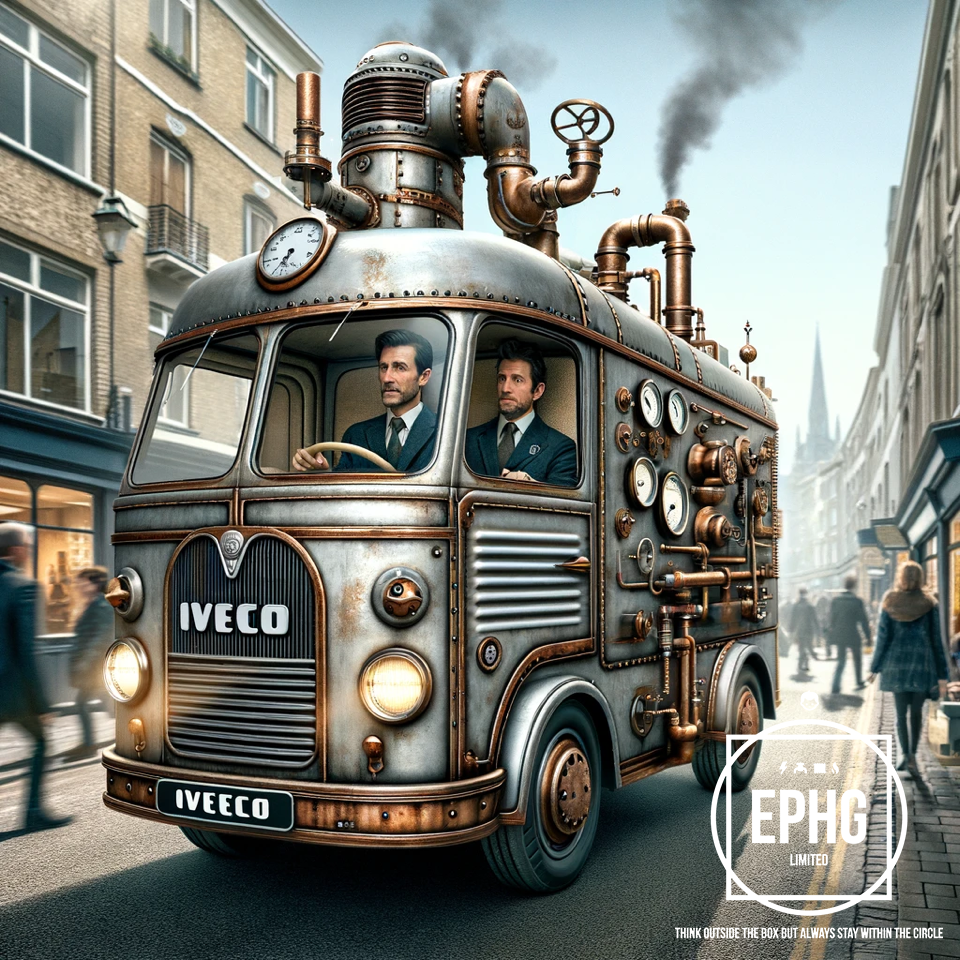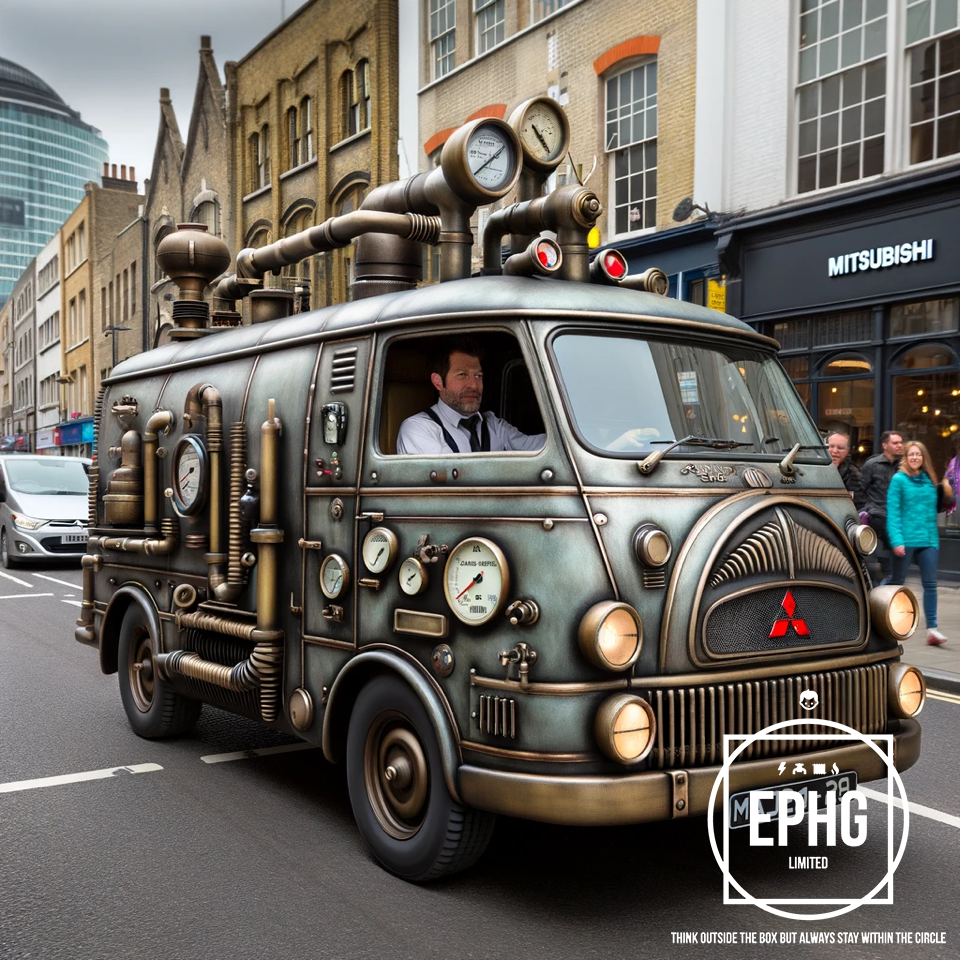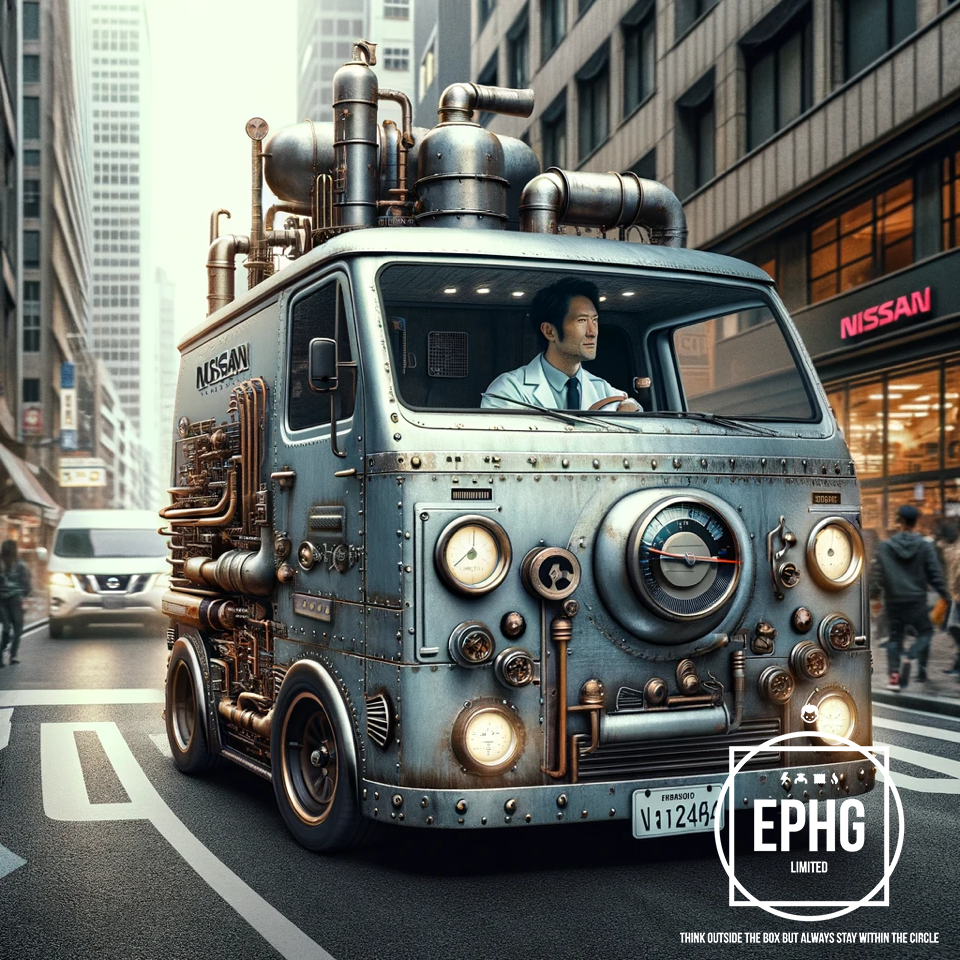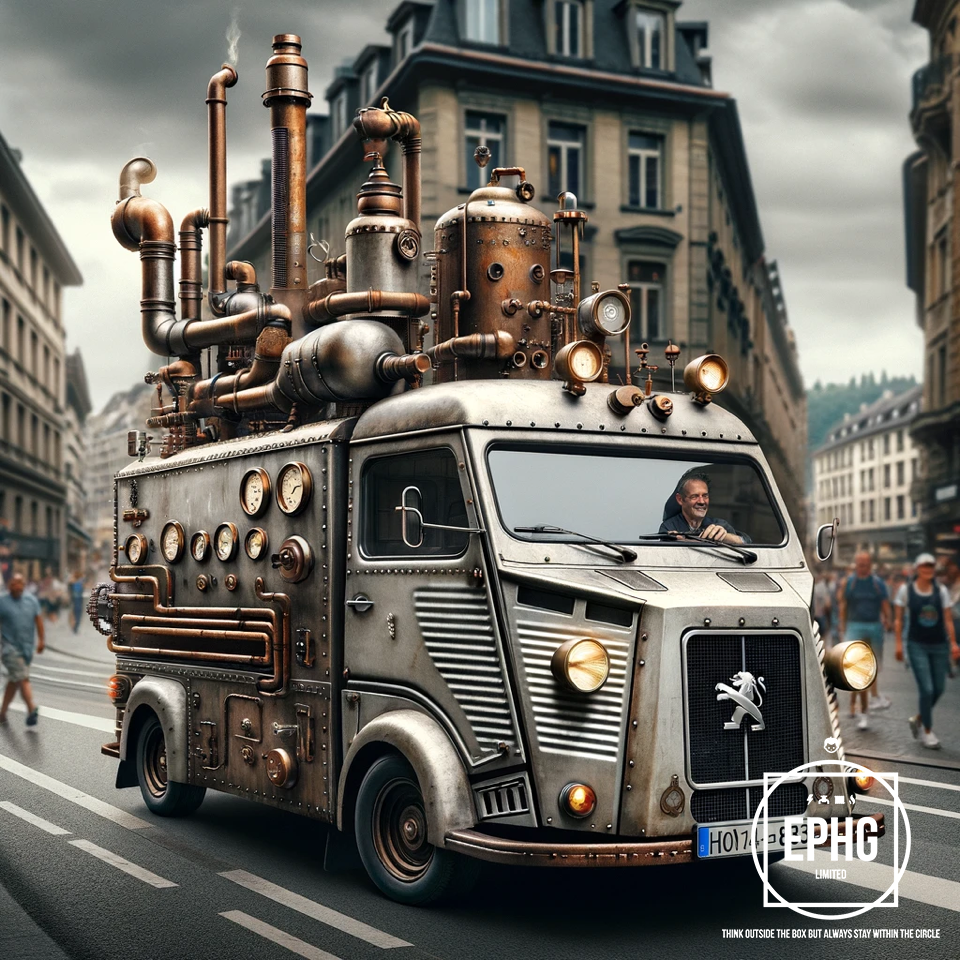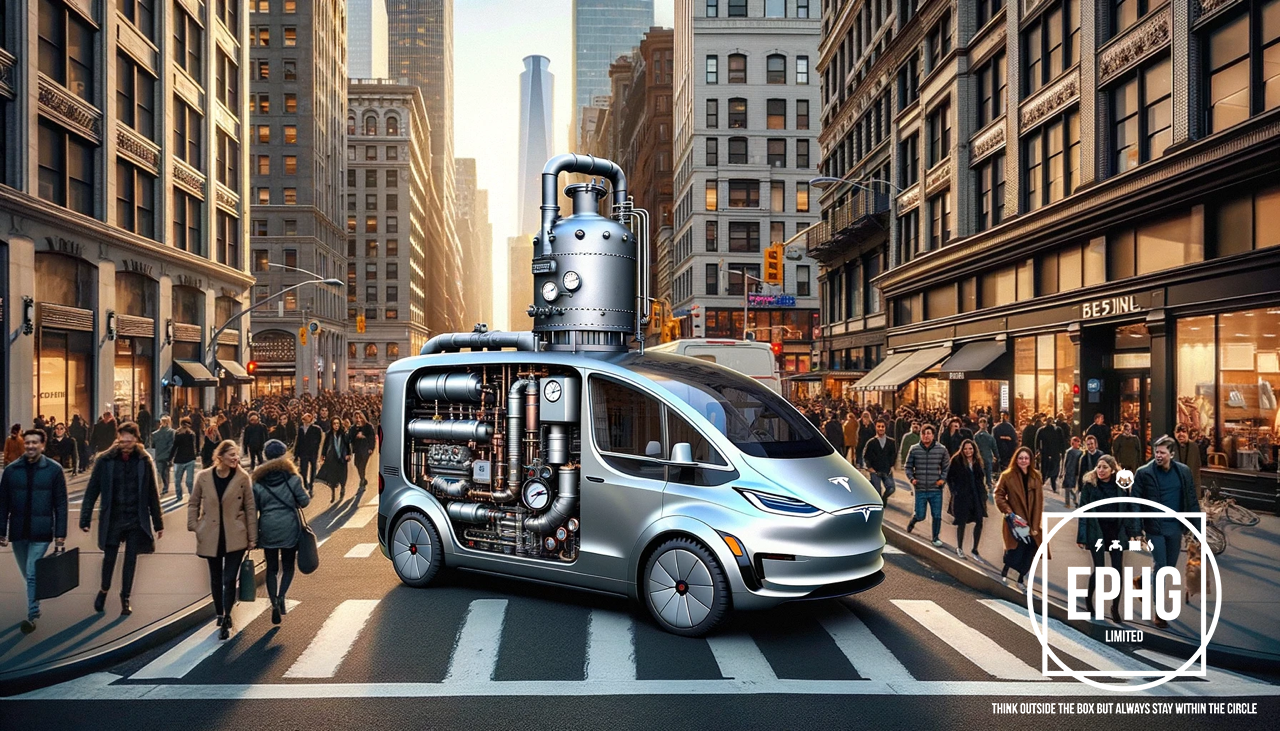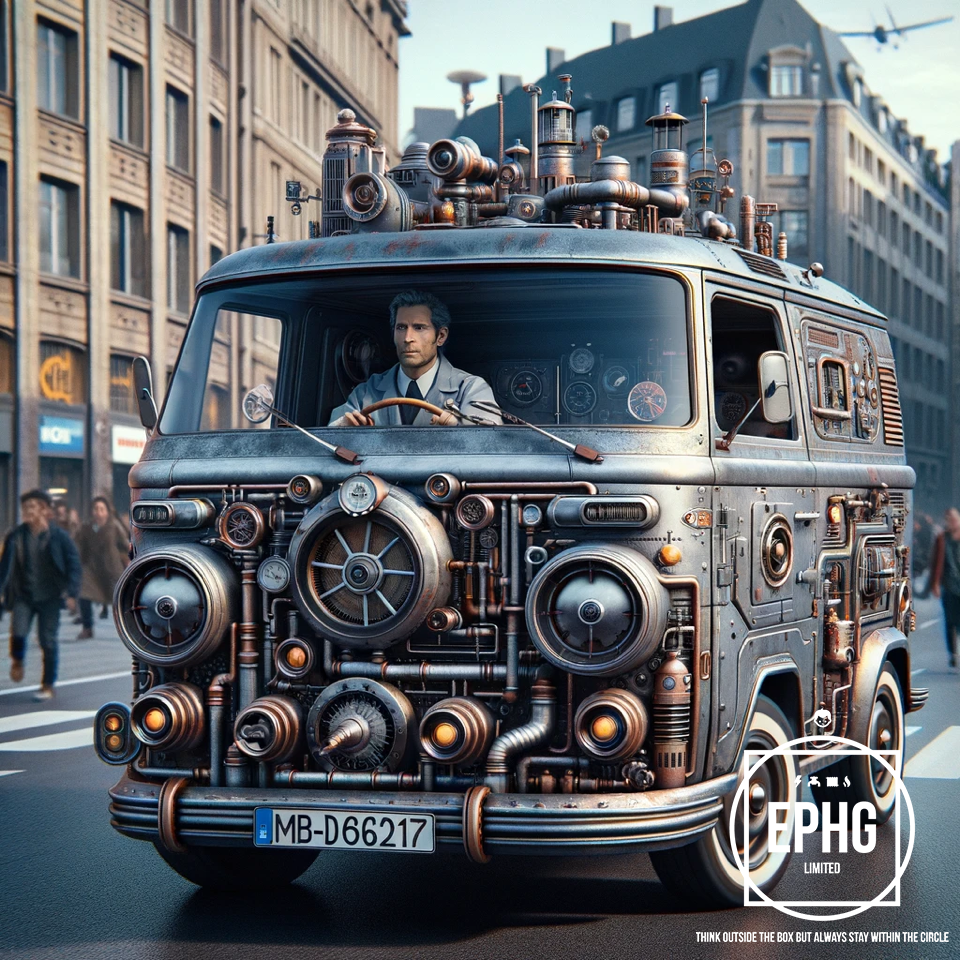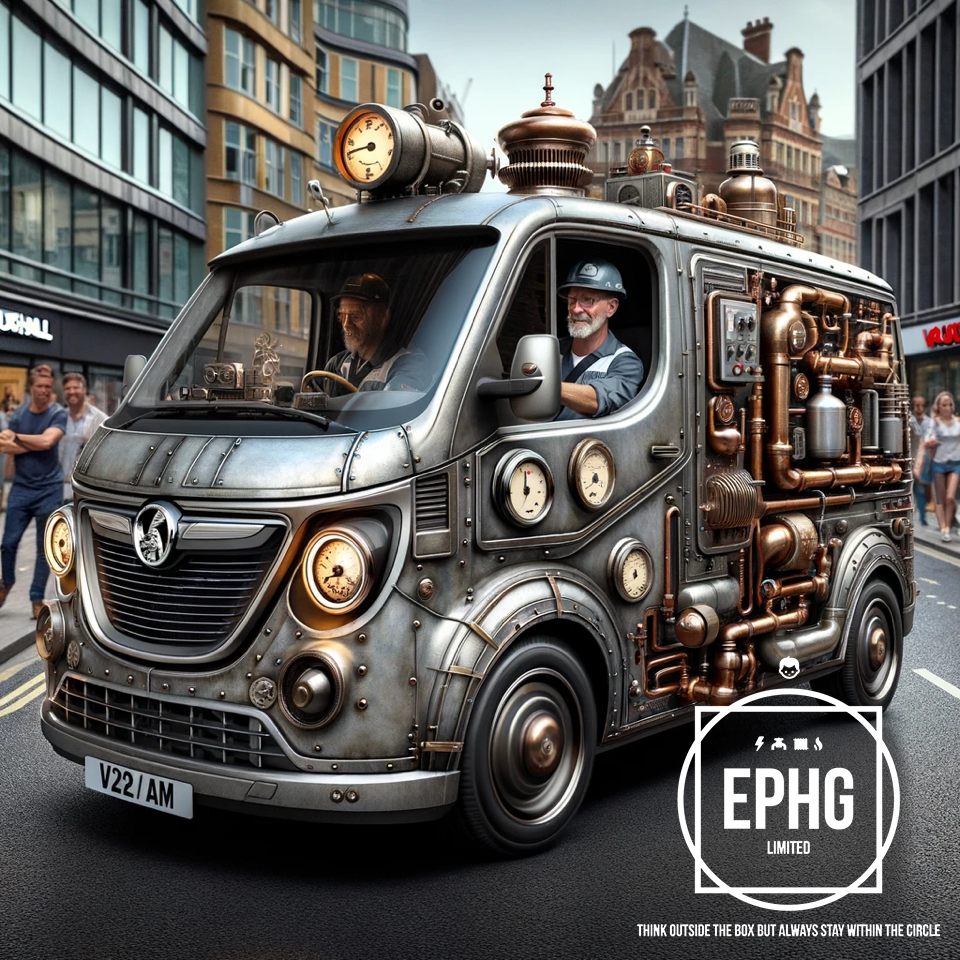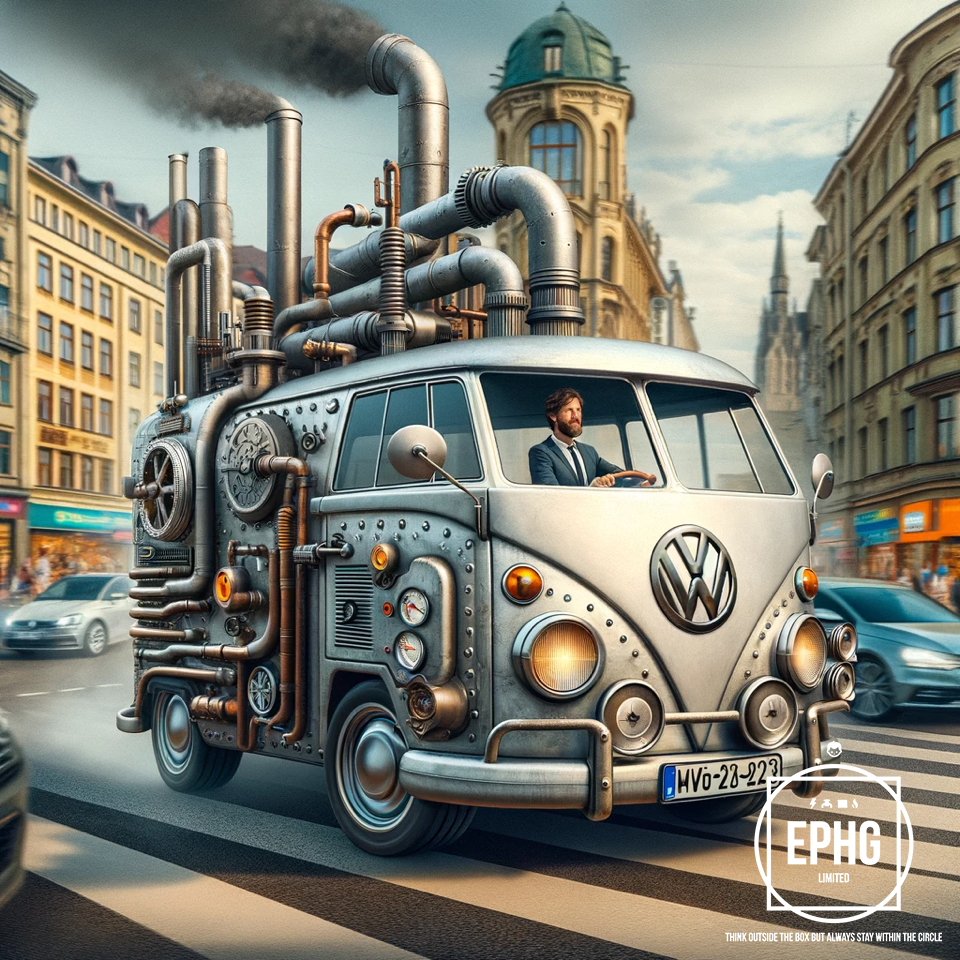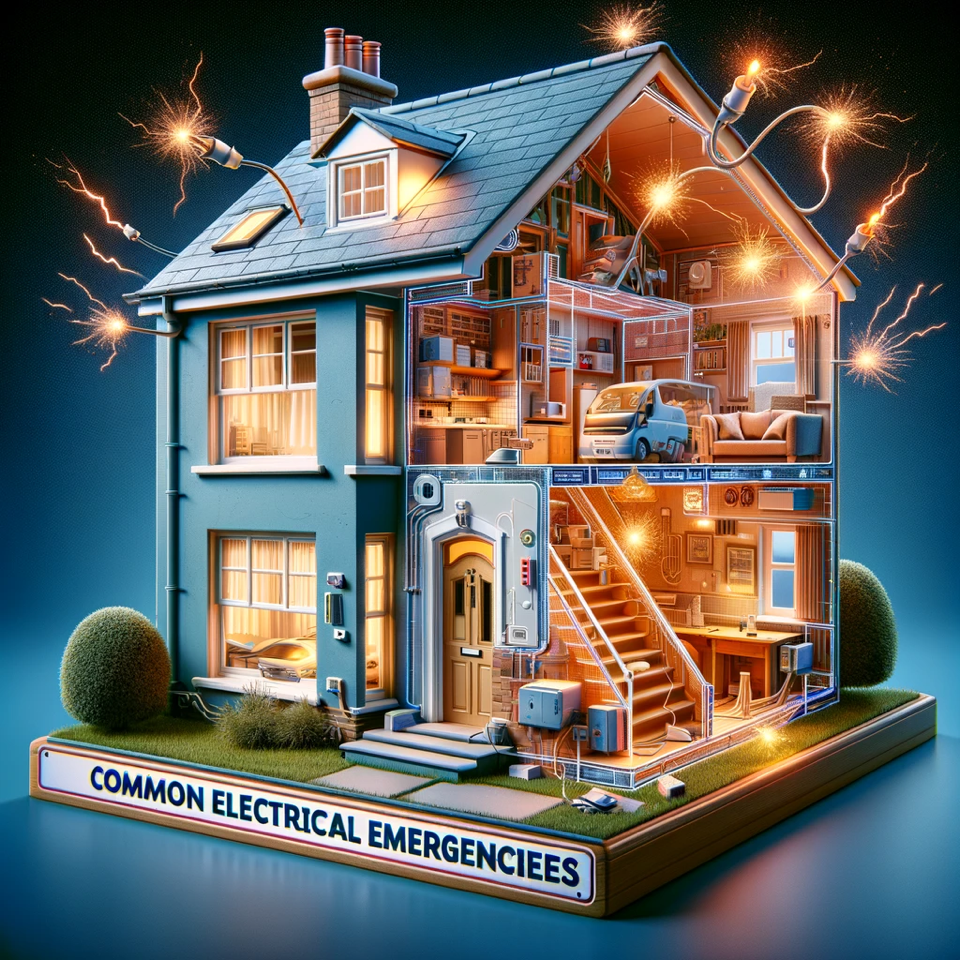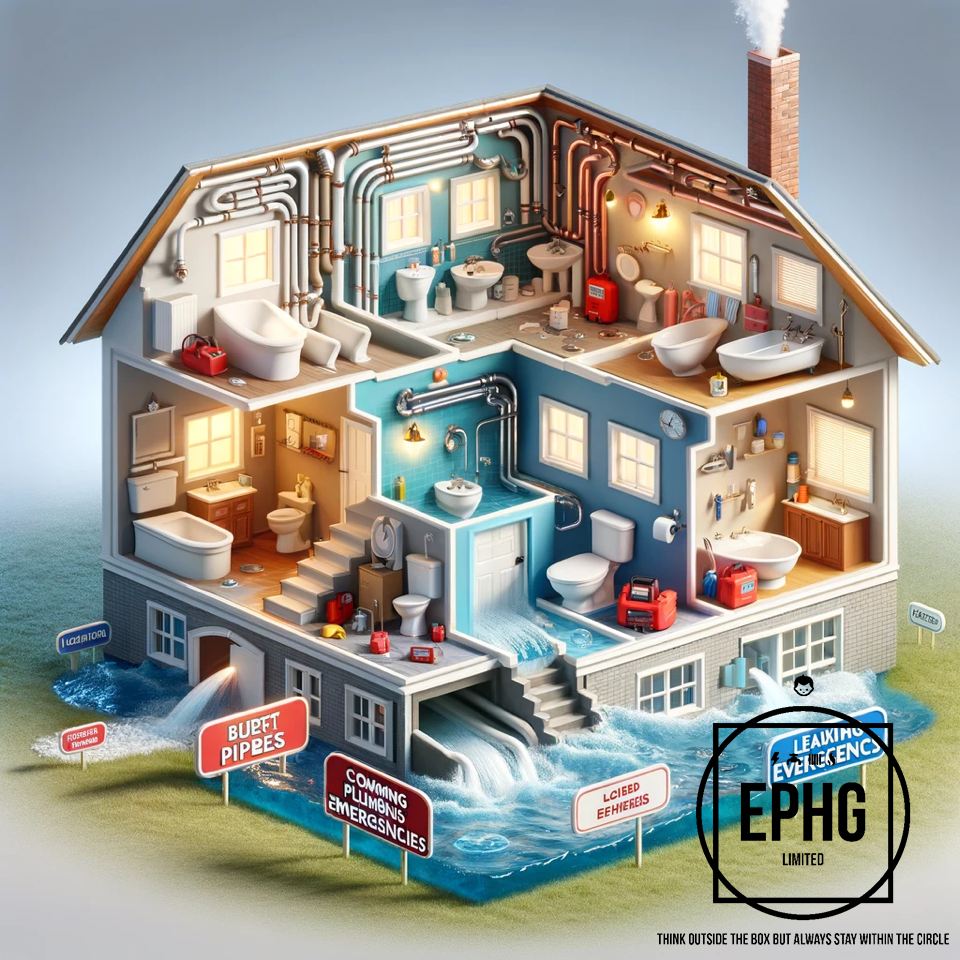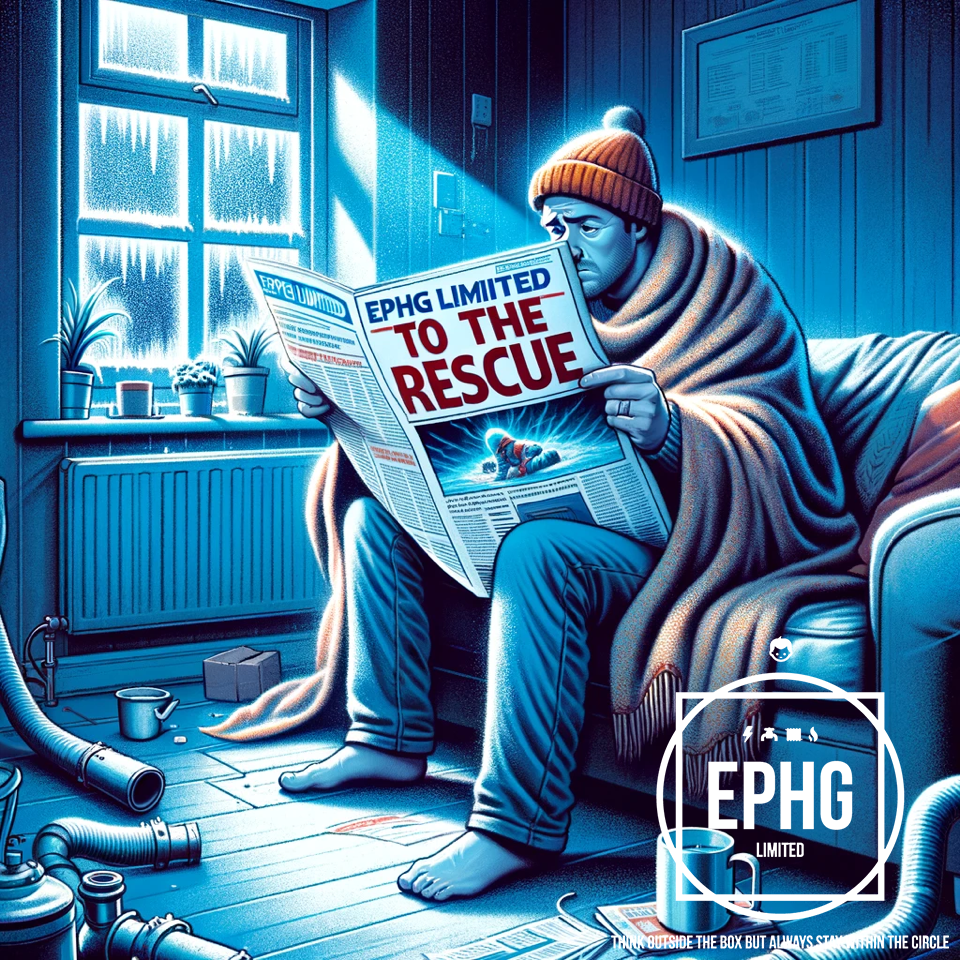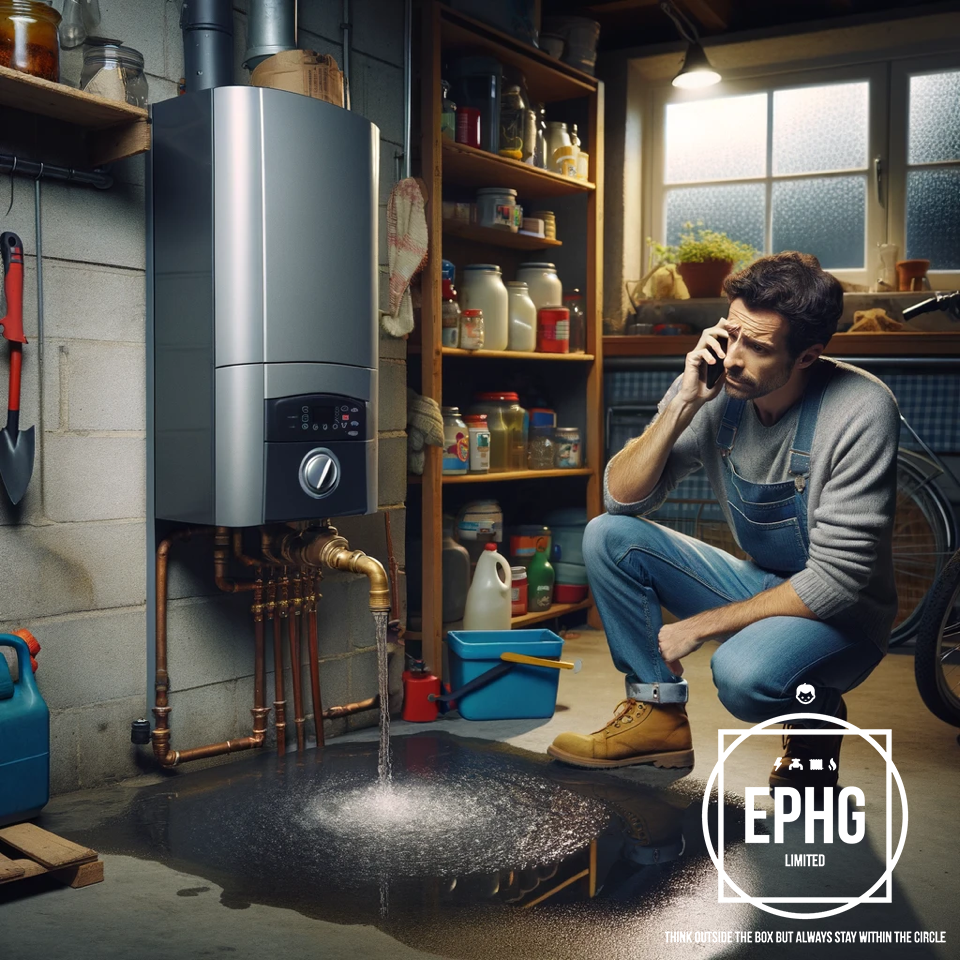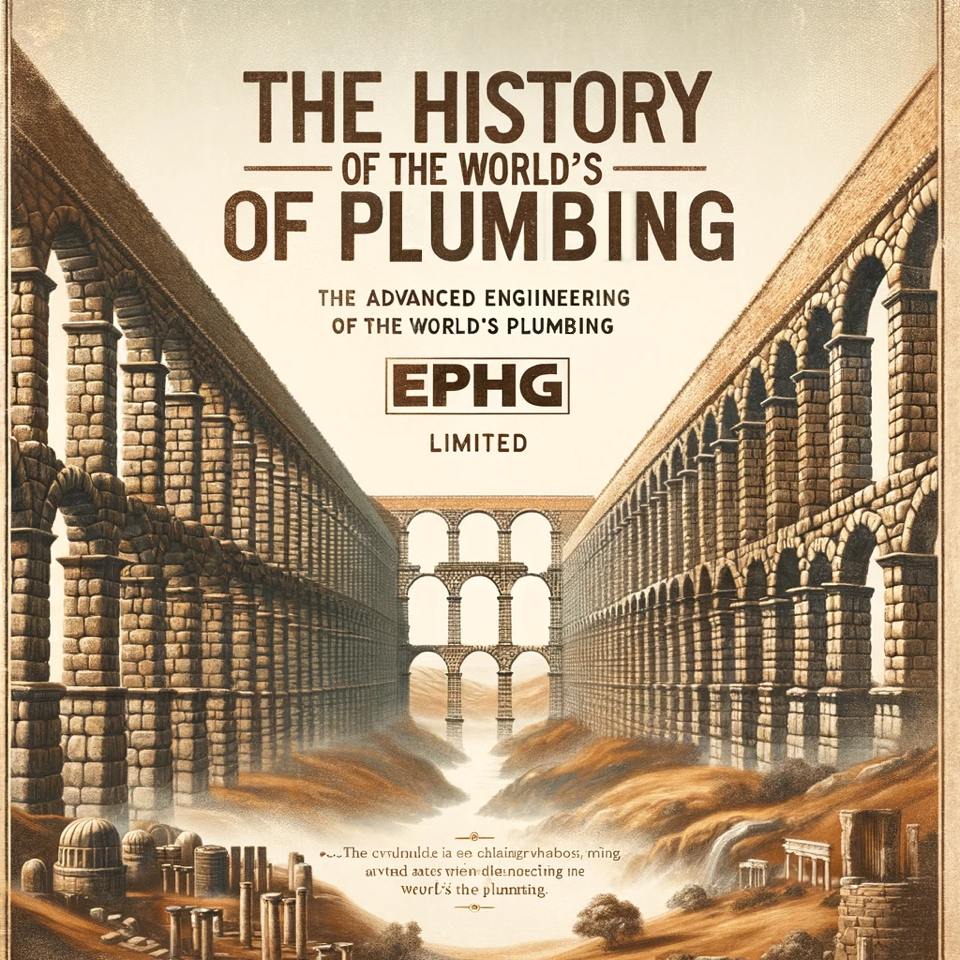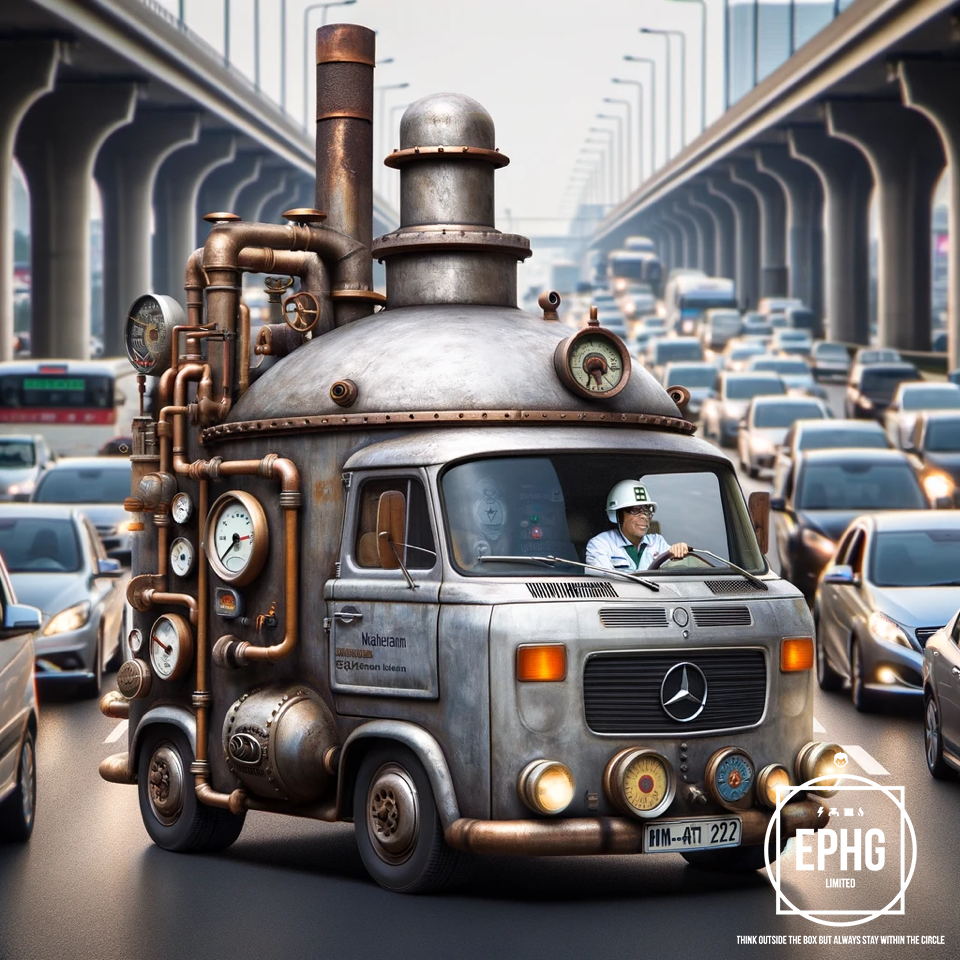
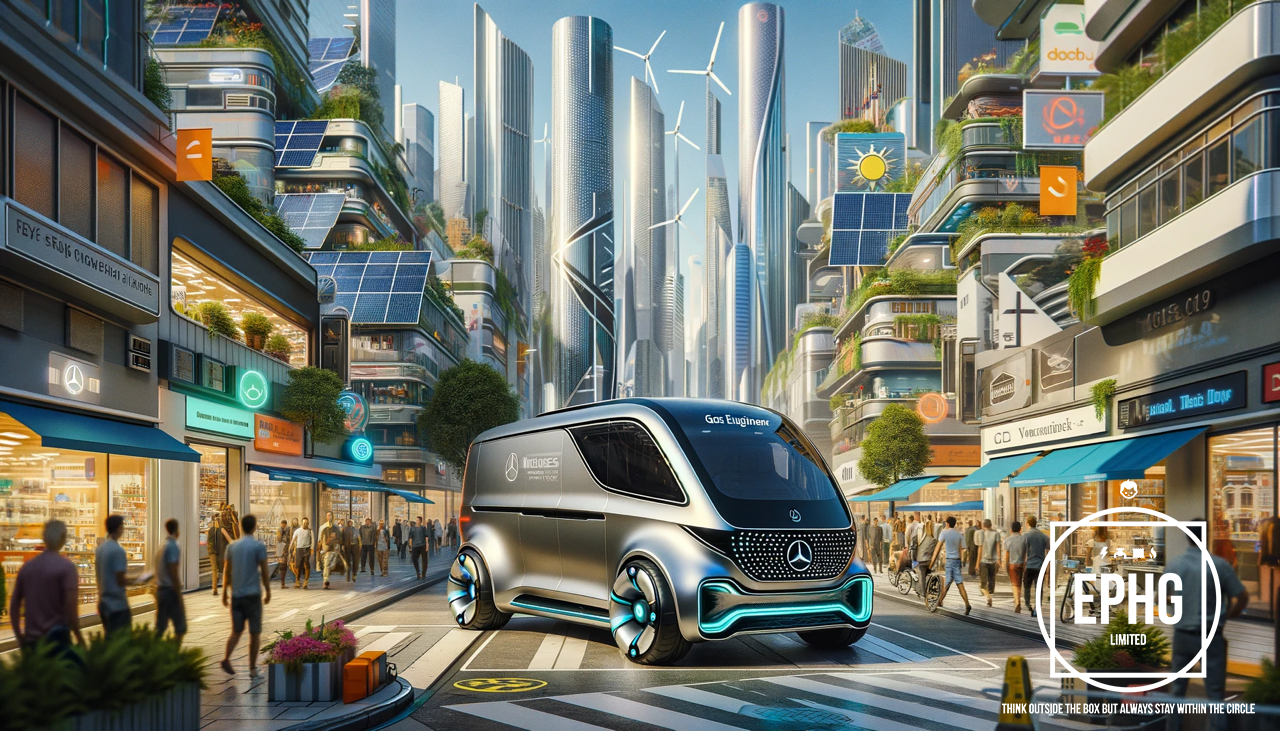
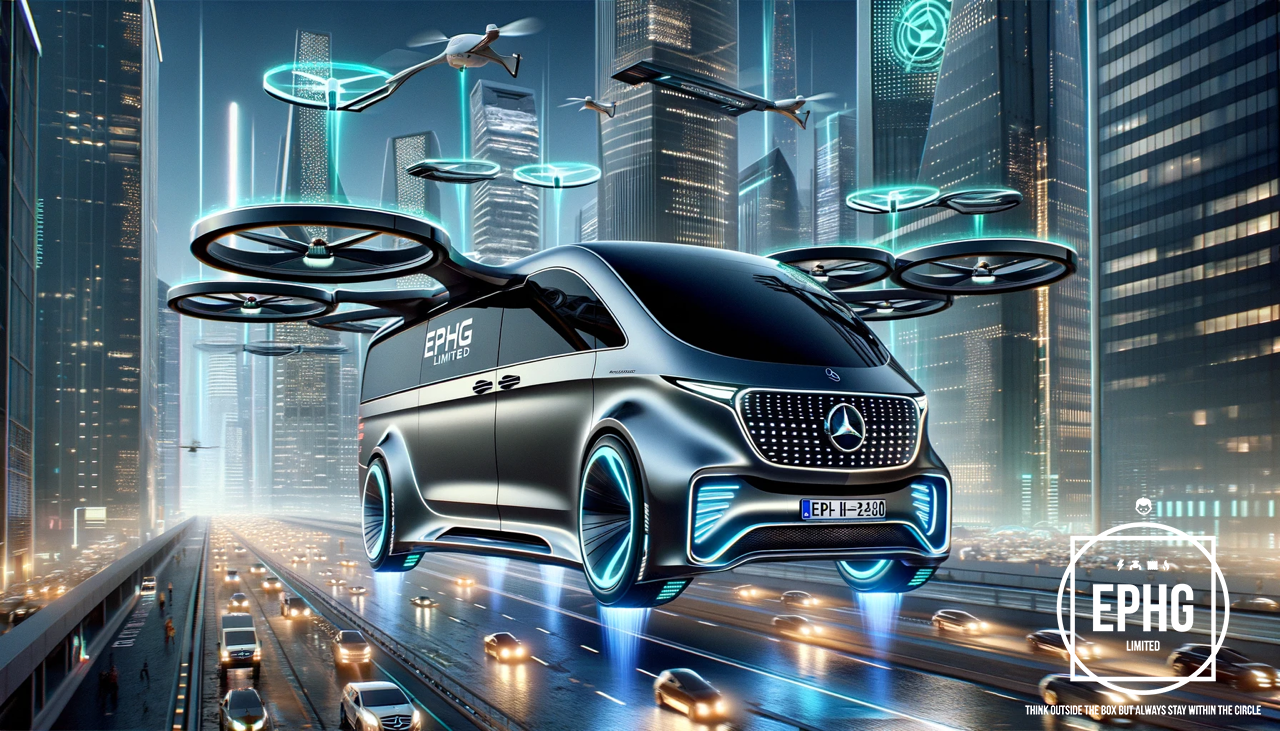
Flying Mercedes Van waiting for it's drone to pick the vehicle up.
The Evolution of the Mercedes Van: From Inception to Emergency Gas Services in Middlesbrough
Introduction
The Mercedes van, a symbol of reliability and innovation, has a rich history that intertwines with the evolution of modern transportation. From its origins to its current use by professionals such as Emergency gas engineers in Middlesbrough, the journey of the Mercedes van is a fascinating tale of engineering excellence and adaptability.
The Birth of an Icon
The story of the Mercedes van begins with the vision of Karl Benz, the inventor of the first automobile powered by an internal combustion engine. His breakthrough in 1886 laid the foundation for Mercedes-Benz, a company established in 1926 through the merger of Benz's company with Daimler-Motoren-Gesellschaft, founded by Gottlieb Daimler.
The first van to bear the Mercedes name was the L 319, introduced in 1955. It marked a significant milestone, offering versatility and robustness that were unheard of at the time. Built in Stuttgart, Germany, the L 319 laid the groundwork for a legacy of utility vehicles that would evolve dramatically over the decades.
From Commercial to Customized: The Versatile Journey
As the needs of businesses and individuals evolved, so did the Mercedes van. The introduction of models like the Sprinter in the 1990s showcased the brand's commitment to versatility and innovation. The Sprinter, known for its spaciousness and reliability, became a favorite among various professionals, including tradesmen like gas engineers.
The Mercedes Gas Engineer Van: A Modern Marvel
The concept of a 'Mercedes Gas Engineer Van' embodies the van's transformation into a specialized tool for professionals. In places like Middlesbrough, a town with a rich industrial history, the adaptability of the Mercedes van has proven invaluable. Equipped with state-of-the-art tools and technology, these vans are customized mobile workshops, perfect for emergency gas engineering work.
Imagining the Future: The Hybrid of Heritage and Innovation
Envision a scenario in Middlesbrough where an emergency gas engineer arrives in a van that is a unique blend of history and modernity. This van, resembling a cross between the nostalgic charm of the old L 319 and the functionality of a contemporary gas boiler, symbolizes the Mercedes van's journey. It's a vehicle that honors its rich heritage while being equipped with modern technology to address today's challenges.
Conclusion
The history of the Mercedes van, from its inception by Karl Benz to its current role in supporting essential services like emergency gas engineering in cities like Middlesbrough, is a testament to enduring quality and adaptability. It stands as a beacon of innovation, evolving to meet the demands of each era while retaining the core values of its illustrious past. The Mercedes van continues to drive into the future, embodying the spirit of its creators and the needs of its diverse users.
Continuing the Legacy: Past and Future Concepts of the Mercedes Van
The Evolution of Design and Utility
The journey of the Mercedes van is marked by a series of innovative concepts that have continuously redefined its utility and design. In the early days, the focus was on creating a vehicle that could handle a variety of transportation needs. This versatility was evident in models like the L 406D and L 508D, which debuted in the 1960s and 70s, respectively. These vans were lauded for their durability and were a common sight on European roads, serving various roles from cargo transport to passenger conveyance.
In the 1980s and 90s, the Mercedes van underwent a transformation, with a focus on increasing comfort and driving dynamics. The introduction of the T1 series in 1977 brought with it advancements in engine technology and aerodynamics, making these vans more efficient and easier to drive. This evolution continued with the T2 series and culminated in the Sprinter, which set new standards in the van segment with its advanced features and car-like handling.
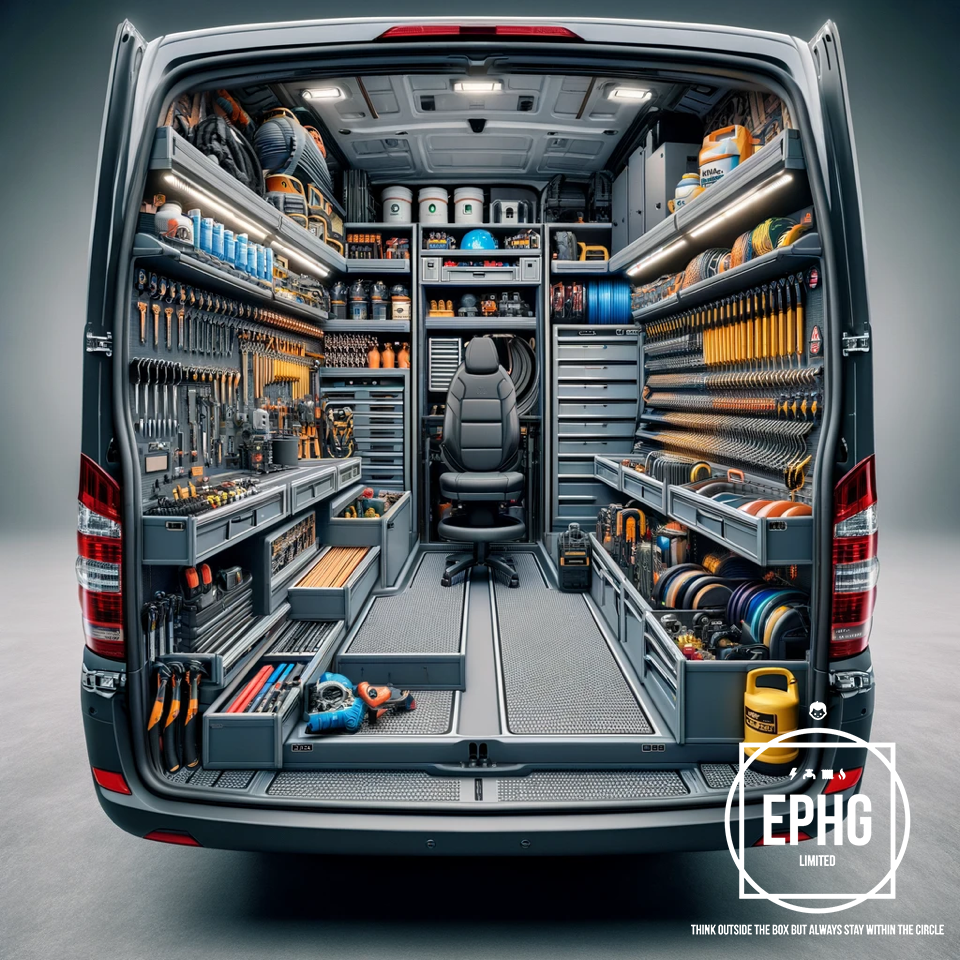
Mercedes Gas Engineer Van Racking Ideas
More ideas in other articles below.
The Rise of Customization and Specialization
As the 21st century unfolded, the demands on utility vehicles grew more complex, leading to an era of customization and specialization. The Mercedes van was no exception, as it adapted to become not just a mode of transportation, but a mobile workspace for professionals like emergency gas engineers. The vans were outfitted with specialized equipment, from onboard diagnostics and repair tools to safety gear and communication technology, transforming them into efficient mobile stations that could handle a wide range of emergency scenarios.
Sustainability and Electrification: The Future Path
Looking to the future, Mercedes-Benz has already begun embracing sustainability and electrification. Concepts like the eSprinter and eVito herald a new era for the Mercedes van, offering fully electric drivetrains that promise zero emissions without compromising on performance or utility. These electric vans are especially suited for urban environments, where reducing emissions is crucial for improving air quality.
Advanced Technology Integration
The future of the Mercedes van is not just electric, but also smart. Integration of advanced technologies like AI-driven navigation, autonomous driving capabilities, and predictive maintenance systems are on the horizon. These features will not only improve the efficiency of the vans but also enhance the safety and comfort of the driver and passengers.
The Role in Smart Cities
In smart cities, the Mercedes van could play a pivotal role in urban logistics. Equipped with connected technology, these vans could seamlessly integrate into the city’s traffic and logistics management systems, optimizing routes in real-time to avoid congestion and reduce travel times. This integration will be particularly beneficial for time-sensitive services like emergency gas engineering, ensuring that help arrives as quickly as possible.
Designing for Versatility: Future Concepts
Mercedes-Benz has always been at the forefront of automotive design, and its future van concepts are likely to continue this tradition. We can expect designs that are not only aesthetically pleasing but also highly functional, with modular interiors that can be customized for different professions and purposes. Imagine a van whose interior can be swiftly transformed from a mobile workshop for a gas engineer to a comfortable passenger vehicle, all within a matter of minutes.
A Vision of the Future: An Emergency Scenario in Middlesbrough
Picture an emergency gas engineer in Middlesbrough, circa 2030. They are dispatched in a sleek, zero-emission Mercedes van equipped with the latest in vehicle technology. As they navigate through the city, the van’s autonomous driving system and AI-assisted navigation guide them through the quickest route, avoiding traffic delays. The van’s interior is a hub of efficiency, with tools and equipment neatly organized for quick access. This scenario exemplifies the potential of the Mercedes van, combining its rich legacy with futuristic innovation.
Conclusion: A Journey into Tomorrow
The history and future of the Mercedes van paint a picture of constant evolution, driven by a commitment to excellence, innovation, and adaptability. From its humble beginnings to its current status as a versatile, technology-packed vehicle, the Mercedes van has consistently set the standard in its class. As we look to the future, we can expect Mercedes-Benz to continue pushing the boundaries, introducing vans that are not only more efficient and environmentally friendly but also smarter and more adaptable than ever before. This journey, embodying both heritage and forward-thinking, ensures that the Mercedes van will remain a vital part of our lives, from the streets of Middlesbrough to cities around the world.
Fictional Disclaimer: Kindly be aware that some of the content and images featured in this article are purely imaginative creations by Martin Smith of EPHG Limited. They are not affiliated with or endorsed by the Mercedes company. These visual representations are designed to spark your imagination and explore the realm of "what if," offering a unique perspective that blends fiction with the potential of innovation.
